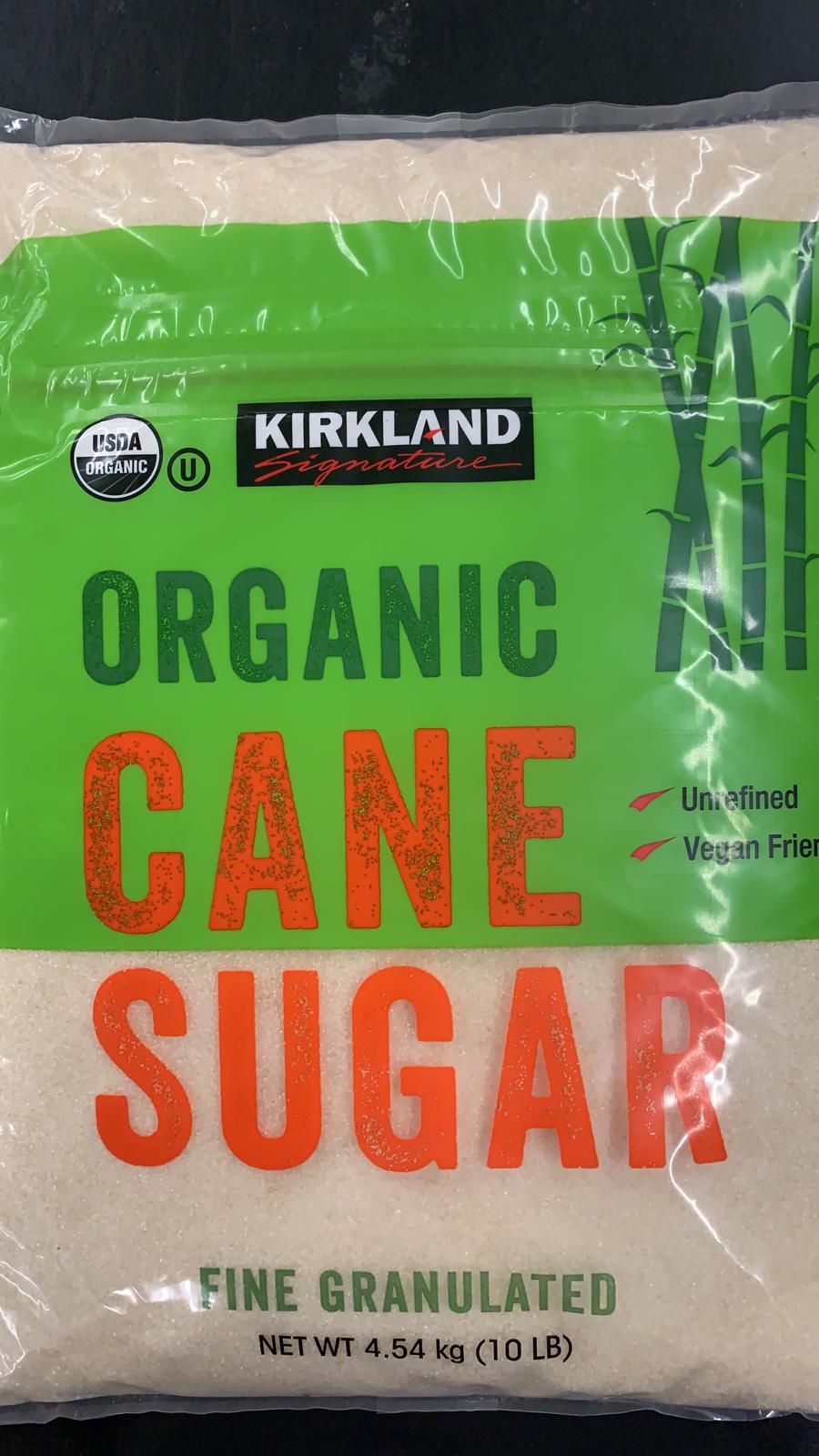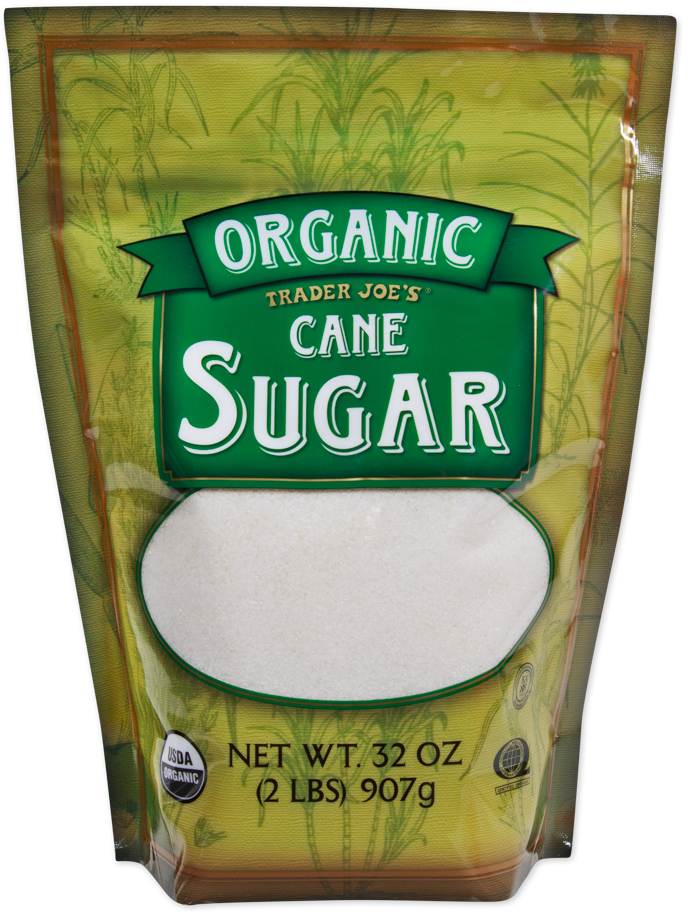An In-depth Summary of the Health and Economic Effects of Cane Sugar Handling on Neighborhood Areas
Cane sugar processing plays a crucial function in shaping the financial landscape of neighborhood neighborhoods, offering work opportunities and stimulating ancillary markets. The wellness ramifications linked with high sugar intake can not be ignored, as they contribute to climbing rates of obesity and diabetes mellitus.
Economic Benefits of Cane Sugar Handling
Cane sugar handling supplies significant financial benefits that extend past the instant agricultural industry. The growing and handling of sugarcane develop many job possibilities, from farming to production and circulation. This employment generation not just sustains local economic situations however additionally promotes community development by supplying secure earnings resources for family members.
Moreover, the sugar market boosts ancillary services, including transportation, tools supply, and product packaging solutions (Cane Sugar Processing). As these markets expand, they add to a much more durable economic framework, improving total area durability. The export potential of refined walking cane sugar further intensifies financial benefits, placing areas as affordable gamers in international markets
Investment in modern-day handling facilities can result in increased performance and efficiency, therefore minimizing waste and maximizing resource use. This shift not only benefits the regional economic situation yet additionally supports sustainability initiatives by decreasing environmental impacts.
Furthermore, the profits generated from cane sugar handling can be reinvested in neighborhood infrastructure, education, and health care, advertising alternative neighborhood growth. Generally, the financial benefits of walking cane sugar handling are diverse, giving a foundation for sustaining success in farming areas.
Health And Wellness Risks Connected With Sugar Usage
Excessive sugar intake presents considerable health and wellness threats that necessitate significant interest. High consumption of sugarcoated, specifically from processed beverages and foods, has been linked to countless wellness difficulties. Among the most important problems is obesity, as sweet diet regimens add to a boosted calorie intake without supplying essential nutrients. This excess can result in metabolic problems, including type 2 diabetic issues, which has actually come to be increasingly prevalent in both grownups and youngsters - Cane Sugar Processing.
Additionally, high sugar usage is related to heart disease. Raised blood sugar level levels can cause insulin resistance, a precursor to various heart-related problems. Additionally, sugar can have detrimental impacts on oral health and wellness, resulting in tooth cavities and periodontal condition, as bacteria in the mouth flourish on sugar, generating acids that deteriorate tooth enamel.
In addition, arising research recommends a prospective web link in between high sugar consumption and psychological health and wellness conditions, such as anxiety and stress and anxiety. As communities face these health and wellness threats, it comes to be important to promote understanding and encourage healthier dietary choices. Resolving sugar usage is vital not just for private health and wellness but also for the general well-being of neighborhood areas, emphasizing the requirement for comprehensive public health approaches.
Ecological Influences of Sugar Production
Regularly overlooked in conversations concerning sugar's ramifications is the significant environmental impact of sugar production. The farming of sugarcane typically requires substantial land use, causing deforestation, loss of biodiversity, and interruption of local ecosystems. The conversion of forests and marshes into sugar haciendas can result in environment damage, threatening numerous types and changing environmental balance.
Additionally, sugar production is resource-intensive, consuming substantial amounts of water for irrigation. This can bring about deficiency of regional water resources, negatively affecting both farming techniques and area access to tidy water. Furthermore, using chemical fertilizers and pesticides in sugarcane farming can contribute to dirt deterioration and water contamination, as drainage from these chemicals gets in neighboring rivers and lakes, influencing aquatic life and human health.
The environmental footprint prolongs to the handling phase, where energy usage and waste generation further aggravate ecological problems. Air air pollution from shedding sugarcane areas, in addition to greenhouse gas emissions, add to environment adjustment. Therefore, the environmental ramifications of sugar manufacturing warrant major factor to consider, prompting stakeholders to take on even more lasting methods to mitigate these unfavorable effects on regional communities and neighborhoods.
Job Production and Community Development
The environmental challenges positioned by sugar manufacturing are typically counteracted by its possibility for financial advantages, particularly in work development and community advancement. The cane sugar industry works as a substantial resource of work in several country locations, giving tasks throughout different ability degrees, from farming labor to processing and circulation functions. This work not just supports specific families however additionally adds to the total economic vitality of neighborhood communities.
Additionally, the facility of sugar handling facilities boosts supplementary companies, such as transport services, tools supply, and upkeep providers. As these businesses thrive, they produce extra work and bolster local economies. The profits generated from the sugar sector additionally results in boosted tax obligation earnings, which can be reinvested right into community services such as infrastructure, healthcare, official website and education advancement.
Furthermore, the sugar sector frequently participates in area growth initiatives, such as supporting local institutions and wellness programs, thereby enhancing the lifestyle for citizens. By cultivating solid community ties and promoting economic development, the cane sugar handling industry click for info plays a vital duty in uplifting neighborhood populations, making it a crucial element of lasting growth methods in sugar-producing areas.
Balancing Wellness and Economic Growth
In browsing the intricacies of cane sugar handling, an essential challenge depends on stabilizing health factors to consider with economic development. The sugar sector dramatically adds to neighborhood economic situations by creating work, stimulating relevant sectors, and enhancing tax obligation profits. Nonetheless, the health and wellness effects associated with extreme sugar consumption can cause chronic diseases such as weight problems, diabetes mellitus, and cardio issues, which can concern public health and wellness systems and reduce labor force efficiency.

Furthermore, regulative structures can play a pivotal function in guiding market practices towards even more health-conscious and lasting strategies. By fostering partnership between federal government bodies, health companies, and the sugar sector, neighborhoods can browse the dichotomy of wellness and financial development, making sure that the benefits of walking cane sugar processing are equitably shared while focusing on public health and wellness.
Verdict
To conclude, the handling of walking cane sugar provides both substantial financial advantages and remarkable health and wellness threats for local communities. While it fosters work production and promotes regional development, the affiliated health and wellness problems, specifically relating to excessive weight and diabetes, demand a cautious balancing act. By promoting accountable intake and investing in neighborhood education and learning and sustainable techniques, it is feasible to make the most of economic advantages while reducing adverse health results, thereby guaranteeing a healthier future for article source neighborhood populations.
Furthermore, sugar can have detrimental effects on dental health and wellness, resulting in cavities and periodontal disease, as bacteria in the mouth grow on sugar, generating acids that deteriorate tooth enamel.
Dealing with sugar consumption is essential not just for individual health yet also for the general health of neighborhood areas, highlighting the demand for detailed public health and wellness approaches.
Frequently forgotten in discussions regarding sugar's ramifications is the significant environmental impact of sugar production. The health and wellness implications connected with excessive sugar intake can lead to chronic illness such as weight problems, diabetes, and cardio concerns, which can worry public wellness systems and diminish workforce performance.
